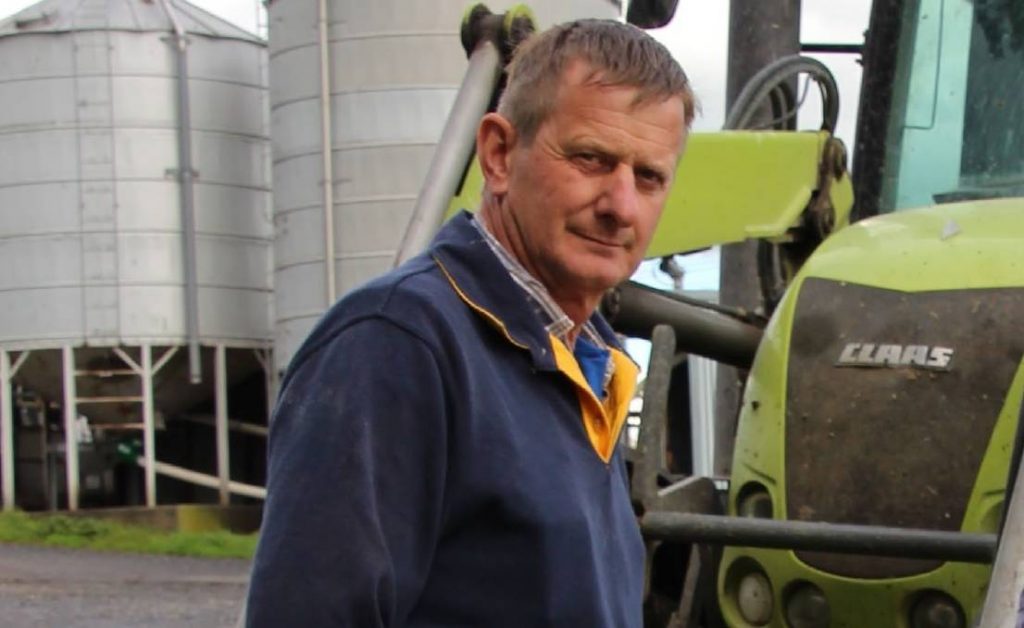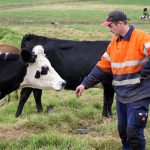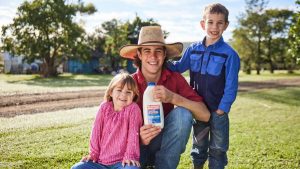
Burra is the latest processor to announce a milk price step up.
It’s advised farmers it was increasing its price by 20 cents/kilogram milk solids to a range of $6.60 – $7.00/kg MS, after opening on May 13, with a range of $6.40 – $6.80/kg MS.
Bega Cheese also lifted its opening milk price just 10 days after announcing it, as the battle for milk supply intensified.
Burra chief executive Stewart Carson said the company was getting frustrated with processors announcing average weighted prices, which were significantly higher than the average Gippsland farm.
“I get quite angry everything gets compared with this headline price,” Mr Carson said.
“You can’t rest with the headline price; you need to get a price table from whichever processor you are interested in.”
Mr Carson said other processors came out with an average weighted price, which did not reflect the differences between regions.
“Gippsland is often 30-40/kg MS cents away from that average weighted price,” he said.
“The reason for that is the milk production curve in Gippsland is different from western and northern Victoria.
“The media publishes Burra as the lowest price, and social media goes nuts – Facebook and Twitter are saying Burra is the bottom of the pack,
“The actual fact is Burra is not the bottom of the pack, it’s being true, open and transparent to Gippsland suppliers.”
Mr Carson said on Dairy Australia farm production data for the entire season 2019/2020, the average Gippsland farm was 1.7 million litres and had 40.5 per cent off-peak production.
The average farm would receive $6.80/kg MS on a Burra three-year exclusive agreement at A grade quality on those figures.
“That’s exactly the mid-point of our range,” he said.
“Every farm is different, but we know that over 90 per cent of our Burra Milk Supply Partners are +/- $0.20/kg MS (of that figure).”
John Versteden, Longwarry, Vic, said while processors put out an average weighted price, it was probably one no one ever received.
“It’s a bit like trying to find Mr Average, it might be average, but we can’t find Mr Average, because no one actually gets it,” Mr Versteden said.
“That’s why they have a range.”
Most of Burra’s suppliers would fit within the range, because of calving patterns, fat and protein ratios and other production parameters.
He said it was probably easier to put out an average price.
“But everybody tends to be on the lower end of it, more often than not.”
He said farmers should get an income estimate done on their production system.
“All the processors will do that, you don’t have to pay for it, and you’d be silly not to get it done.”
He said it probably didn’t require regulation.
“Farmers need to understand the rules of engagement, and do their homework,” he said.
“You can’t be holding their hands for everything – I am really mindful of the fact you don’t want to be too regulated or no one can move.”
Mr Carson said the answer was to publish prices for an average Gippsland, western district and northern Victorian farm.
“You will find the average weighted, across the state, probably is $6.85/kg MS, for comparison with the Gippsland guys, you will see they are $6.55/kg MS.
“It’s hiding the reality of different regions.”
Bega supplier Daryl Hoey, Wonthaggi, Vic., said he agreed with Mr Carson’s claims.
“Processors take the highest and lowest price, divide by two, and call that the average – it’s probably a bit more sophisticated than that, but that’s basically what they are doing,” Mr Hoey said.
“It could be to make their price look better than it really is.”
He said Burra was trying to say they were providing more transparency behind their price, while others were trying to hide behind a weighted average price.
“They could be two different things,” he said.

























